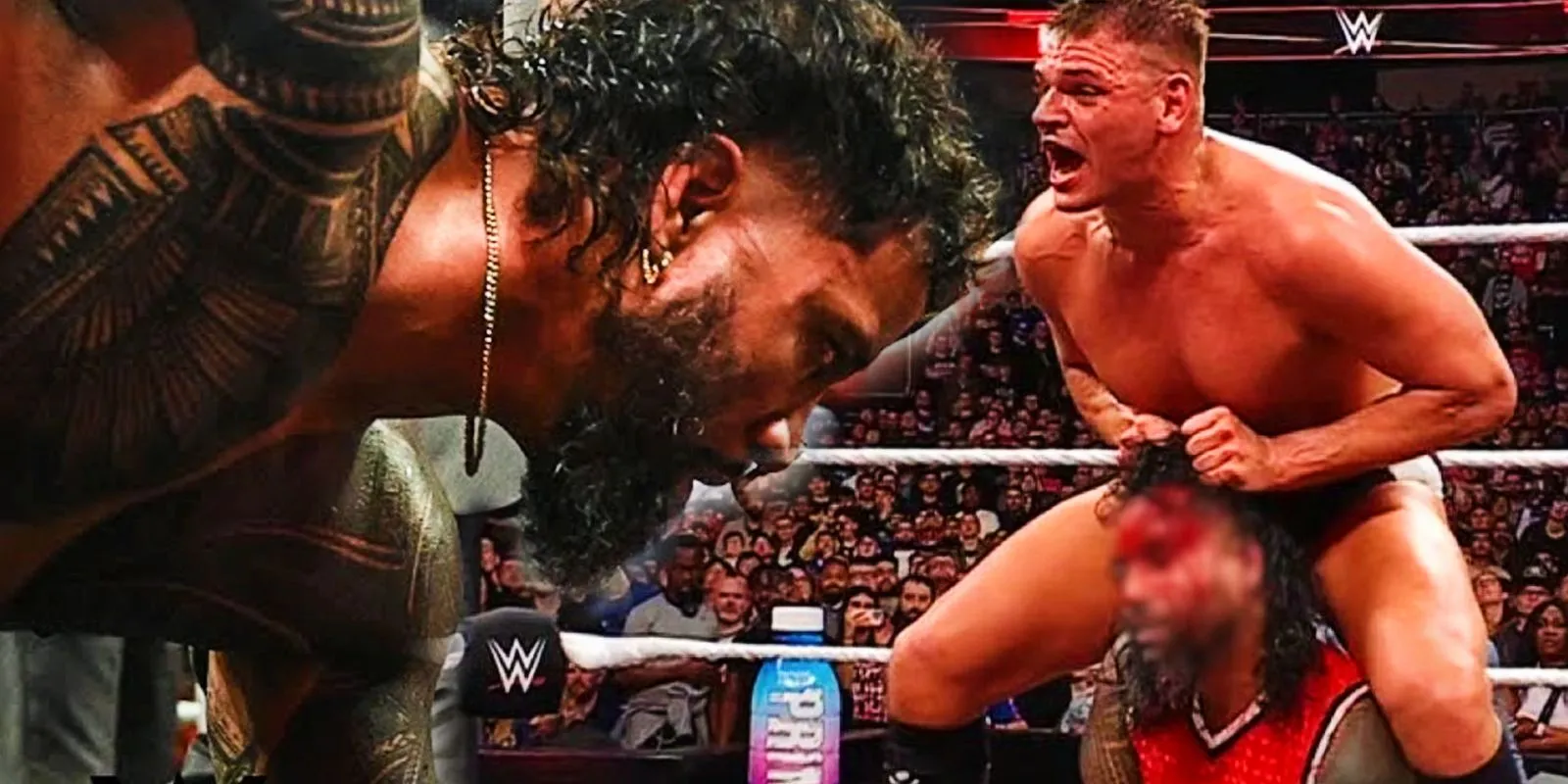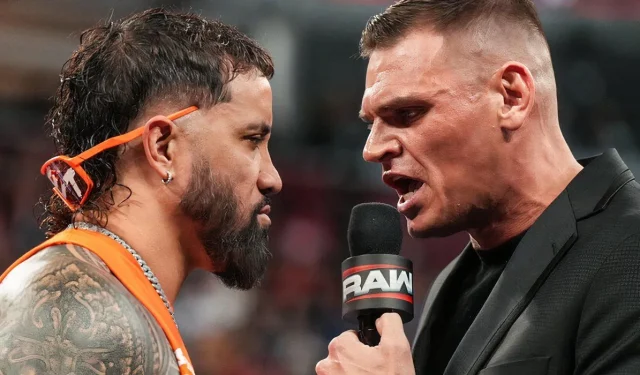Professional wrestling has undergone remarkable changes throughout its century-long history. The contemporary WWE landscape looks drastically different compared to its programming from the 1970s and 1980s, not to mention even a decade ago. Yet, amidst these transformations, certain core principles have remained steadfast, repeatedly proving their effectiveness over time. A recent segment featuring Jey Uso and Gunther during Monday Night Raw in Minneapolis exemplified how traditional storytelling techniques in pro wrestling continue to resonate with audiences today.
The ongoing rivalry between “Main Event”Jey Uso and “The Ring General”Gunther, which is building toward their anticipated World Heavyweight Title clash at WrestleMania 41, has faced its share of skepticism from segments of the WWE fanbase. While Jey has garnered popularity with live audiences, there have been doubts about his ability to step into the spotlight outside of The Bloodline. Some fans expressed concern over the prospect of the formidable Gunther losing his title to an “entertainer.”Nonetheless, Jey’s recent performances, bolstered by WWE’s storytelling, have successfully turned this match into a highlight of the event.
Jey Uso Finds His Edge in a Gripping Monday Night Raw Promo
Intensity and Seriousness Like Never Before
https://www.youtube.com/watch?v=KX0VNHo6bk4https://www.youtube.com/watch?v=KX0VNHo6bk4
The feud intensified when Gunther ruthlessly attacked Jey’s brother, Jimmy, last week. This was more than just a physical assault; Gunther handcuffed Jey, forcing him to witness the brutalization of his brother while humiliatingly smearing Jimmy’s blood on himself. This shocking moment reignited the storyline, establishing a classic conflict with Gunther as the ruthless villain and Jey as the determined underdog seeking vengeance. WWE’s storytelling capitalized on this turning point effectively.
When Jey made his way to the ring, Gunther awaited him with a smug expression. This time, Jey’s entrance was markedly different; he displayed a newfound focus, eschewing his usual high-energy antics. Grabbing the microphone, he recounted the pain of informing his mother about Jimmy’s fate, confessing that fear had paralyzed him in the face of Gunther’s brutality. However, after last week’s events, Jey declared that he was no longer afraid. He turned the tables on Gunther, admonishing him to ensure he spends time with his family before WrestleMania, as he might not have that luxury after their impending confrontation. The promo was rife with palpable intensity, with Jey visibly shaking with rage, while Gunther’s silence underscored his acknowledgment of having crossed a line.
The Role of a Great Villain in Heroic Narratives
Understanding the Importance of the Heel
https://www.youtube.com/watch?v=7TICUqoXJeEhttps://www.youtube.com/watch?v=7TICUqoXJeE
In the realm of professional wrestling, it’s widely acknowledged that babyfaces (heroes) are pivotal in driving ticket sales, but there’s far more complexity to this dynamic. A hero’s marketability hinges on relatability, achieved through vulnerability—something Jey masterfully illustrated by admitting his fear of Gunther, a sentiment likely shared by many. The heel enters the scene to amplify this vulnerability, tormenting and undermining the hero at every turn, thereby creating a compelling narrative that draws audiences in, eager to witness the hero’s eventual triumph.
This classic structure resonates across all storytelling mediums—had Rocky been favored against Apollo, the movie would have lacked its compelling allure. To genuinely connect audiences with Jey, a formidable villain was essential, and Gunther rose to the occasion last week. Beyond Jey’s energetic personas and catchy catchphrases, the storyline now offers viewers something deeper: raw emotion. Just ask Cody Rhodes how much impact this emotional resonance can have on an audience.
The Enduring Appeal of “Good vs. Evil”in Wrestling
A Must-Watch Showdown: Jey vs. Gunther

This feud initially centered around the theme of a “wrestler versus entertainer.”Gunther’s assertion that Jey was unworthy of being in his league found resonance with some fans. However, the narrative shifted dramatically with Gunther’s vicious actions. This conflict is now less about the title and more about personal stakes, revenge, and the timeless battle between good and evil.
While such narratives may appear clichéd in 2025, pro wrestling has consistently shown that returning to foundational storytelling elements can yield powerful results. High-stakes victories—whether Dusty Rhodes overcoming Ric Flair, Sting confronting the nWo, or Cody Rhodes’ triumph—highlight how these classic narratives elicit genuine emotional responses from fans and translate into ticket sales.
At WrestleMania 41, audiences will engage with this match for more than just the spectacle or to debate the outcomes online; they will invest themselves in Jey’s journey, driven by a storyline filled with conflict and heart. Though it remains unlikely for the entire fanbase to align behind Jey, the recent developments in this feud have reinvigorated interest. Thus, Jey Uso vs. Gunther at WrestleMania 41 stands as a must-see event, testament to the enduring truth of professional wrestling: fans are eager to see a hero triumph over a villain.


